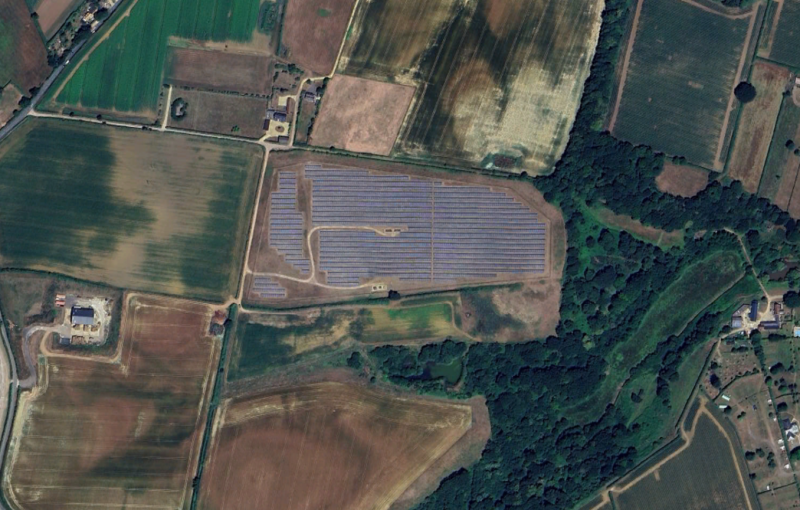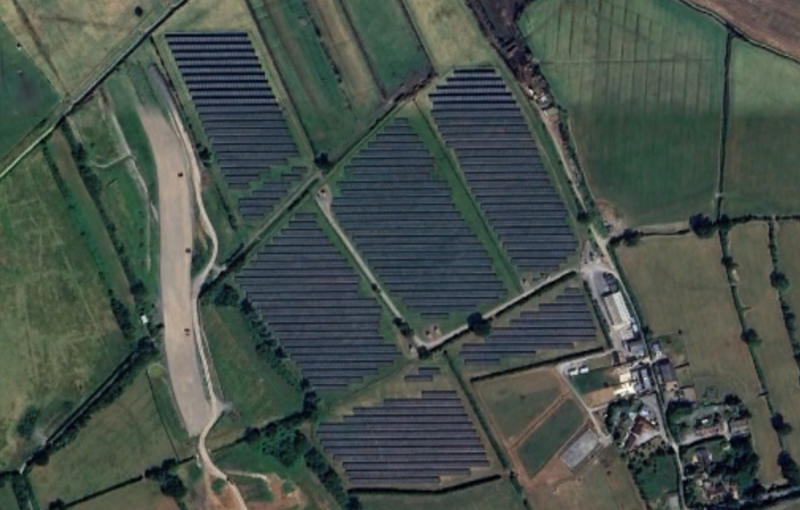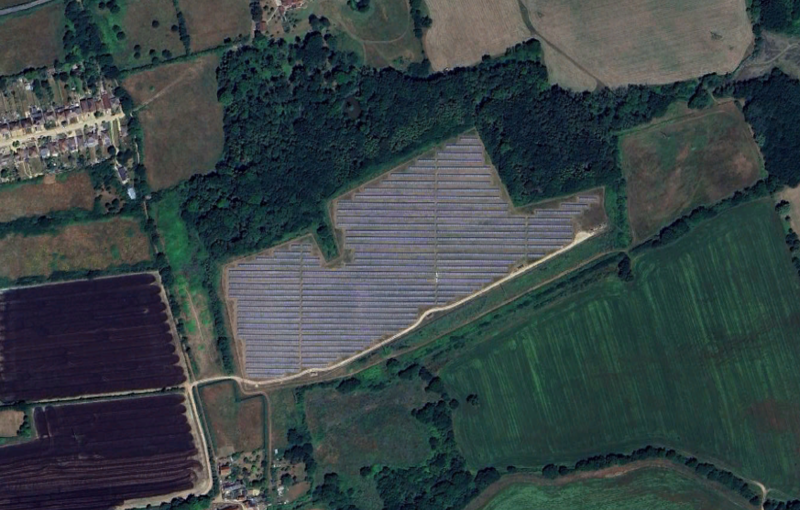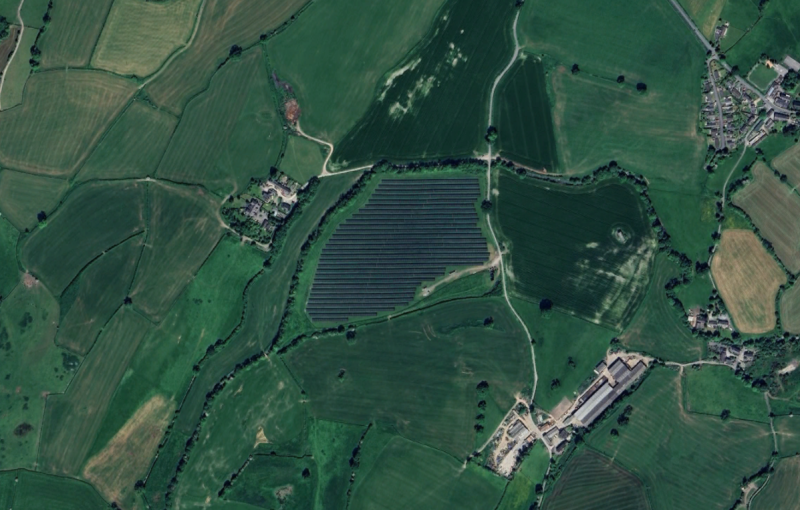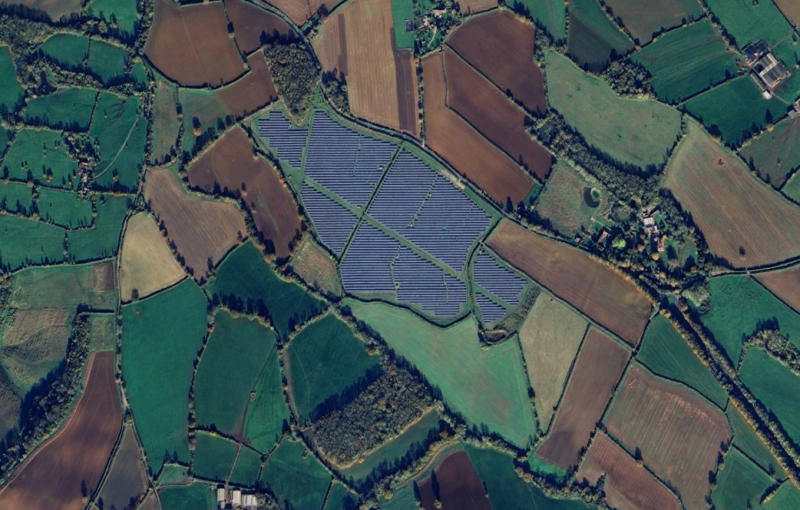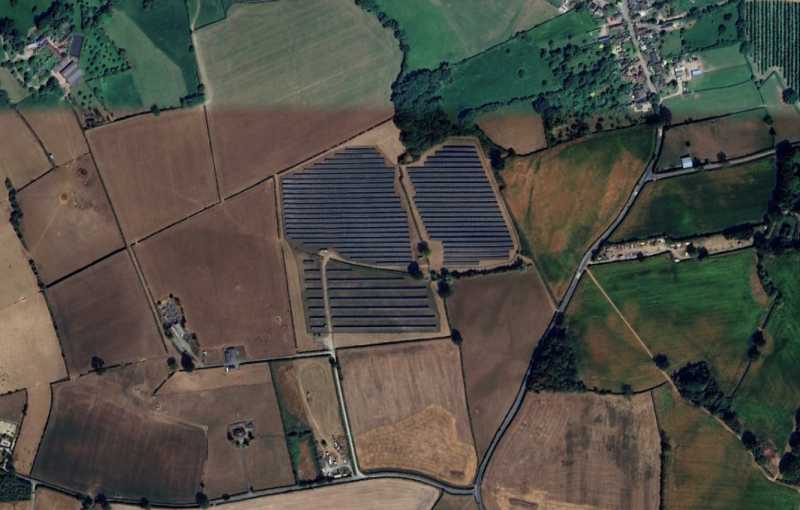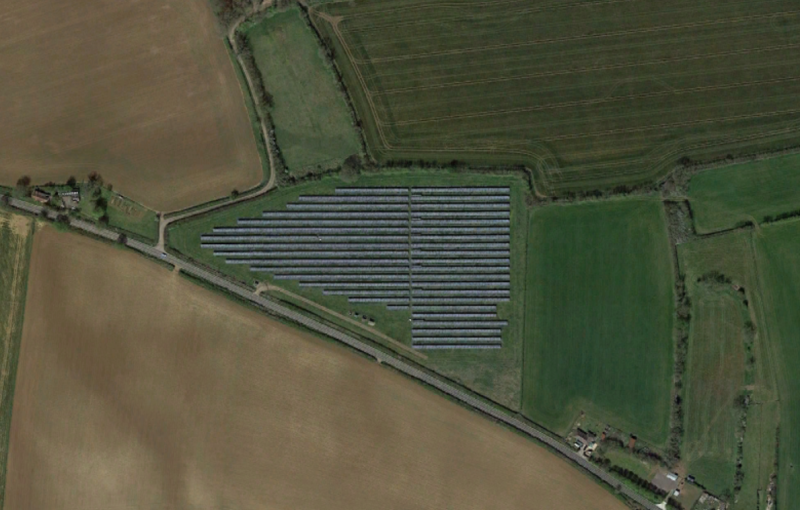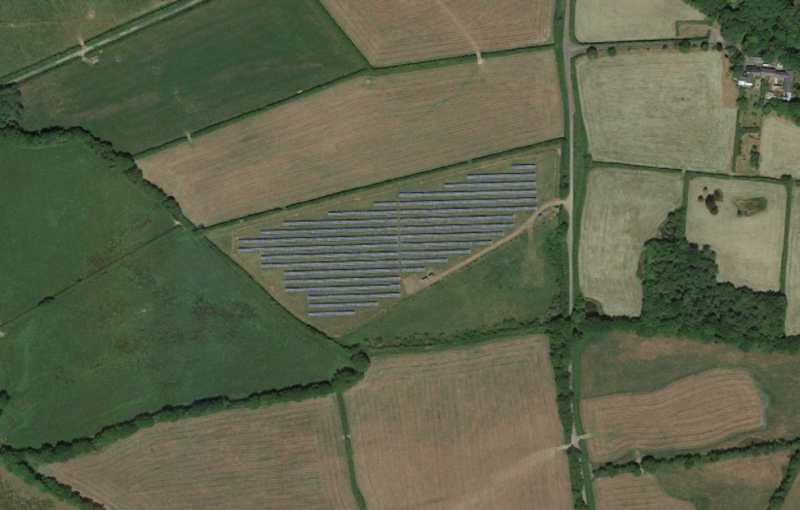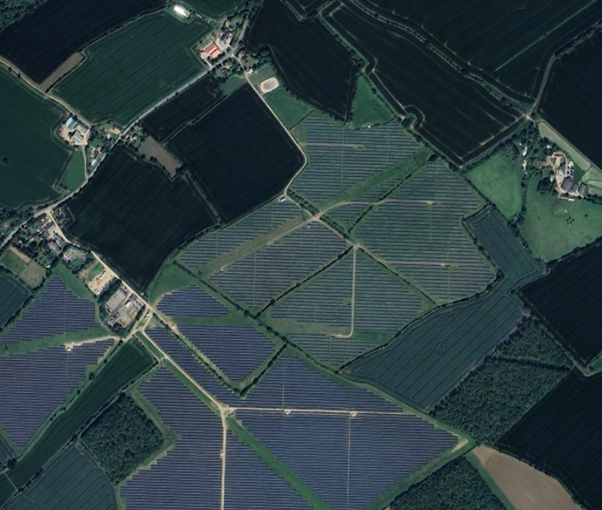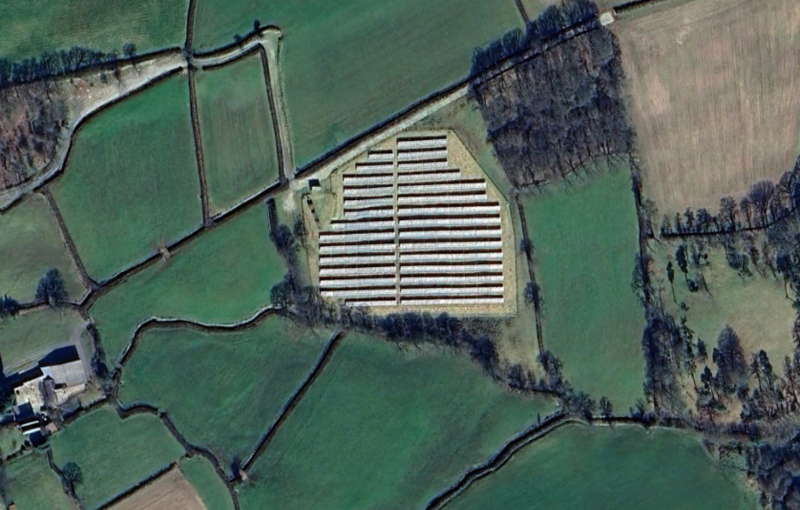Benefits of solar farms
INCREASED ENERGY SAVINGS
Experience heightened energy efficiency with our innovative solutions, maximising savings and minimising environmental impact
SPACE UTILISATION
Optimise your space efficiently for enhanced functionality and productivity
EASY MAINTENANCE
Simplify maintenance tasks effortlessly with our user-friendly solutions, saving you time and effort
SCALABILITY
Expand seamlessly with our scalable solutions, adapting to your needs for sustainable growth
LOWER ROOFTOP STRESS
Reduce rooftop strain with our solutions, ensuring durability and longevity for your structures
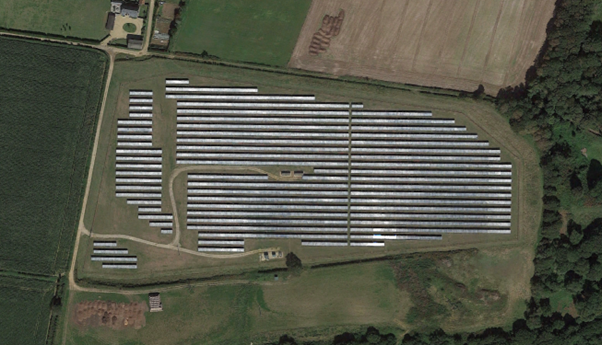
Explore Solar Farm Investment with GB NRG
Whether you are considering a small-scale 1MW solar farm or a large utility-scale +50MW project, GB NRG provides end-to-end expertise in designing, constructing, operating and maintaining solar farms across the UK but primarily in the South West, as most of our teams are based in and around Somerset. Our solutions deliver reliable energy, financial returns, and measurable sustainability impact.
Benefits of Solar Farms
Solar farms are an increasingly attractive option for investors and businesses. Key advantages include:
Energy Generation and Security – Solar farms produce clean electricity, reducing reliance on fossil fuels and grid-supplied energy. Coupled with battery storage systems, they provide resilience during peak demand periods and power outages.
Financial Returns and Profitability – Solar farms generate revenue through electricity sales and renewable energy incentives. Depending on location and scale, UK solar farms can deliver substantial profits per acre, particularly when paired with a strong Power Purchase Agreement (PPA).
Carbon Footprint Reduction – Large-scale solar PV installations significantly reduce CO₂ emissions, supporting corporate net zero strategies and sustainable investment goals.
Government Incentives and Tax Reliefs – Some UK solar farms are eligible for grants, renewable energy guarantees of origin, and tax allowances, maximising return on investment and making solar farm projects financially viable.
Scalable Solutions –From 1MW to +50MW, GB NRG tailors solar farm design to land availability and energy needs, ensuring optimal efficiency and profitability.
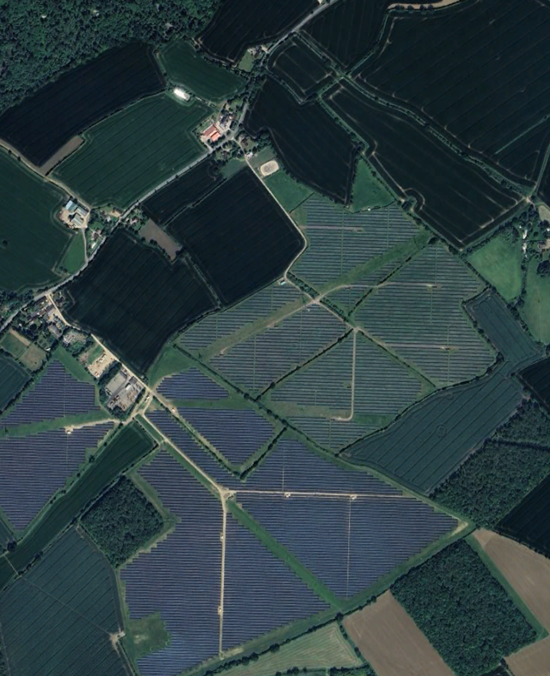
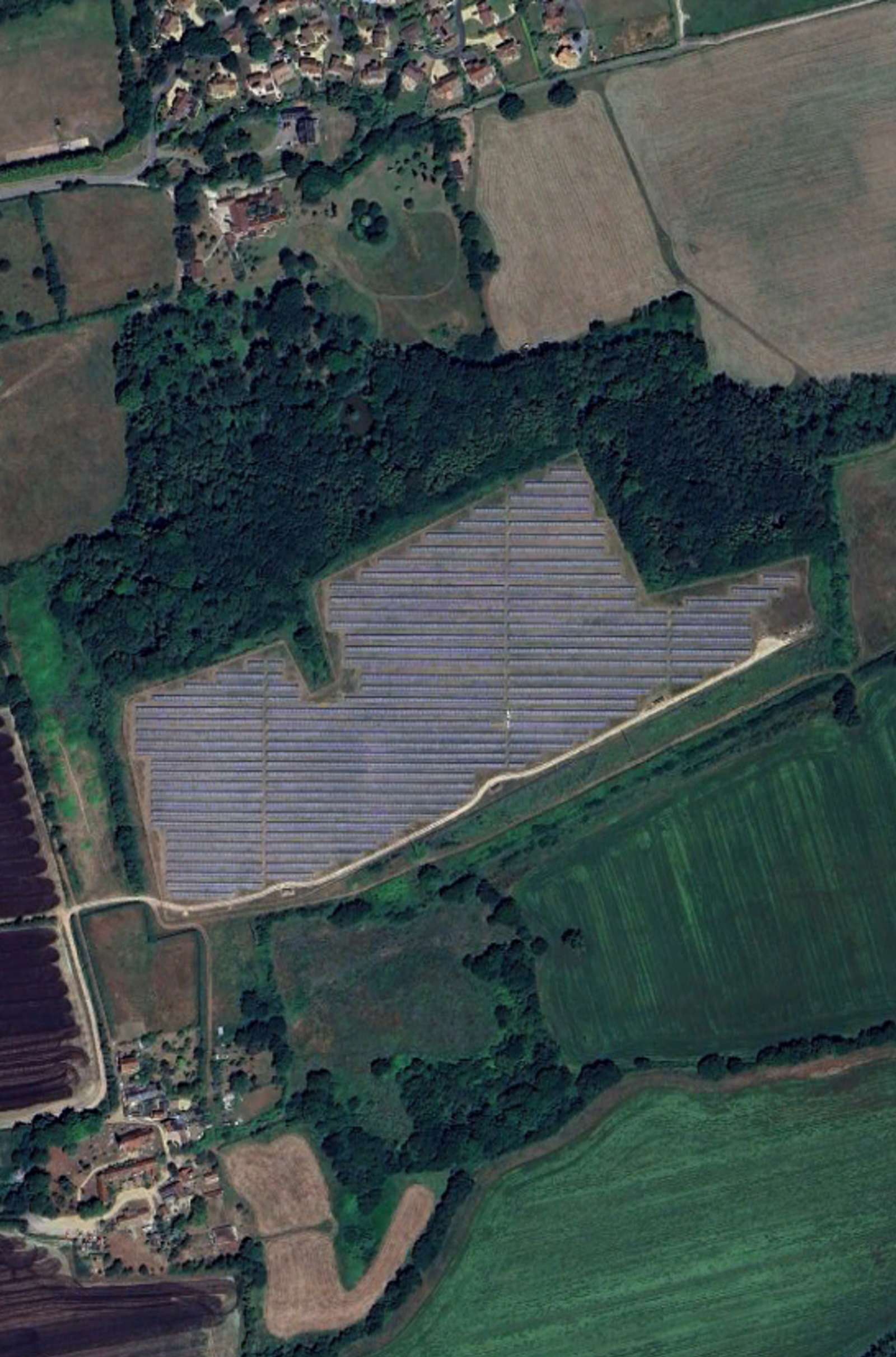
Solar Farm Costs and Return on Investment
Investing in a solar farm requires careful financial planning. Key considerations include:
Initial Costs – Costs depend on land, solar PV panels, inverters, mounting systems, grid connection, and operations & maintenance (O&M) packages. GB NRG provides detailed cost estimates and CAD visuals for all project stages.
Revenue Streams
- Electricity Sales – Income from commercial electricity supply or community energy schemes
- Renewable Energy Certificates – Enhancing sustainability credentials and marketable value
Payback Period – Payback varies by system size, solar panel efficiency, and location. Typical UK projects achieve ROI within 7–10 years, with ongoing revenue thereafter.
Commercial Solar Financing Options
Businesses have multiple financing pathways to make solar installations accessible and profitable:
- Leases and Power Purchase Agreements (PPAs): Reduce initial outlay while still benefiting from renewable energy generation
- Loans and Interest-Free Financing: Spread costs over a fixed term, creating positive cash flow from the start
- Government Grants and Tax Incentives: Some businesses can take advantage of financial grants, capital allowance tax benefits, and renewable energy incentives to improve project viability
Operational Savings and Energy Efficiency
By generating electricity onsite, businesses reduce reliance on grid-supplied energy, protecting against energy price rises and lowering operational costs. Integrating battery storage systems further increases self-consumption, enhances energy efficiency, and maximises financial returns.
Long-Term Financial Benefits
A well-designed commercial solar system not only delivers immediate savings but also enhances long-term value:
- Generates positive cash flow throughout the lifespan of the system
- Reduces CO₂ emissions, supporting sustainability goals
- Strengthens brand reputation through demonstrable green credentials
- Increases property value by adding renewable energy capacity
GB NRG combines financial expertise with high-quality solar technology to ensure that every commercial installation is both an environmentally responsible and financially sound investment.
Initial Costs and Budget Certainty
The upfront investment for a solar farm or commercial solar system includes panels, inverters, mounting systems, and installation services. GB NRG provides transparent quotations and detailed financial forecasting to give businesses budget certainty and clarity on expected costs.
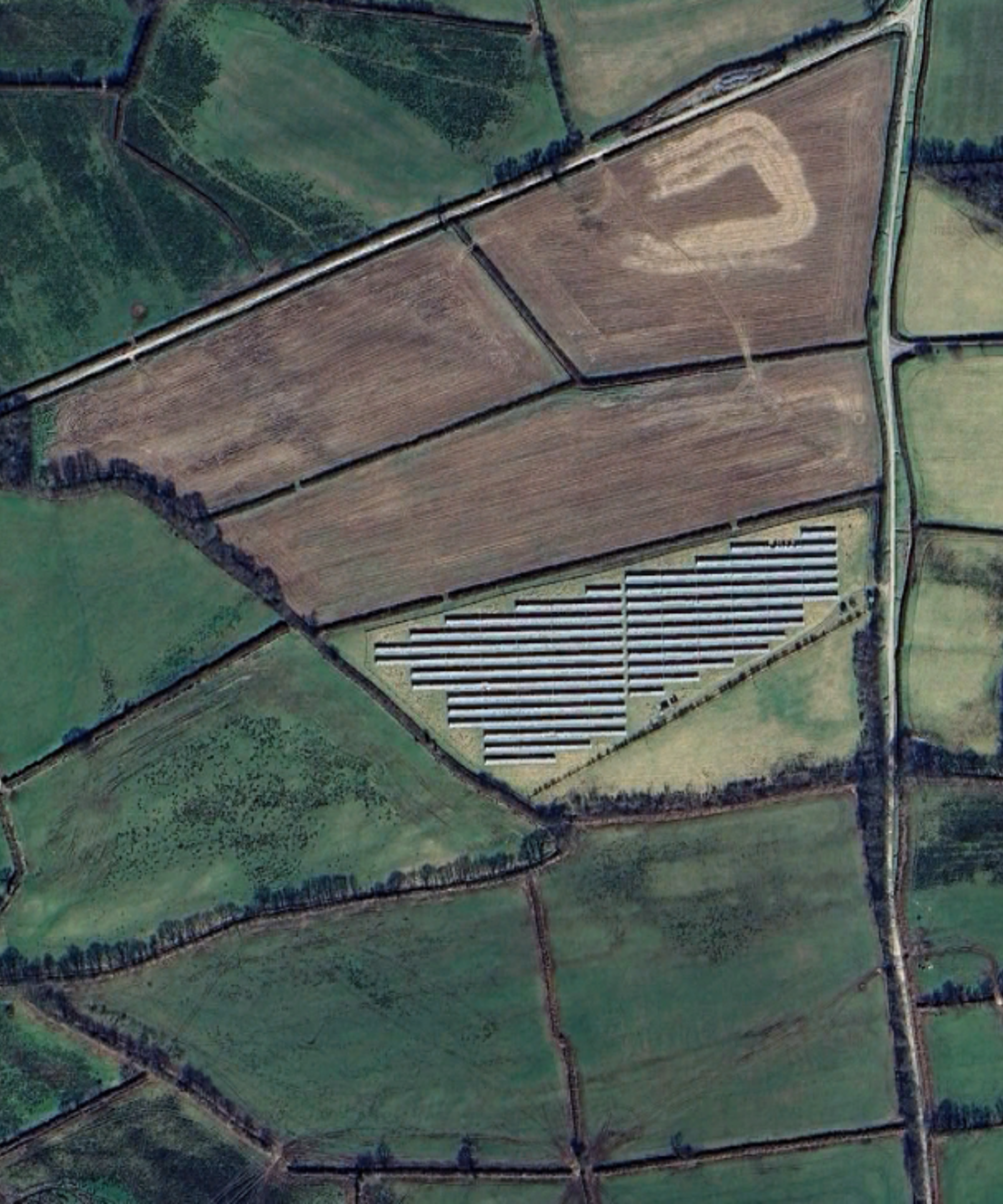
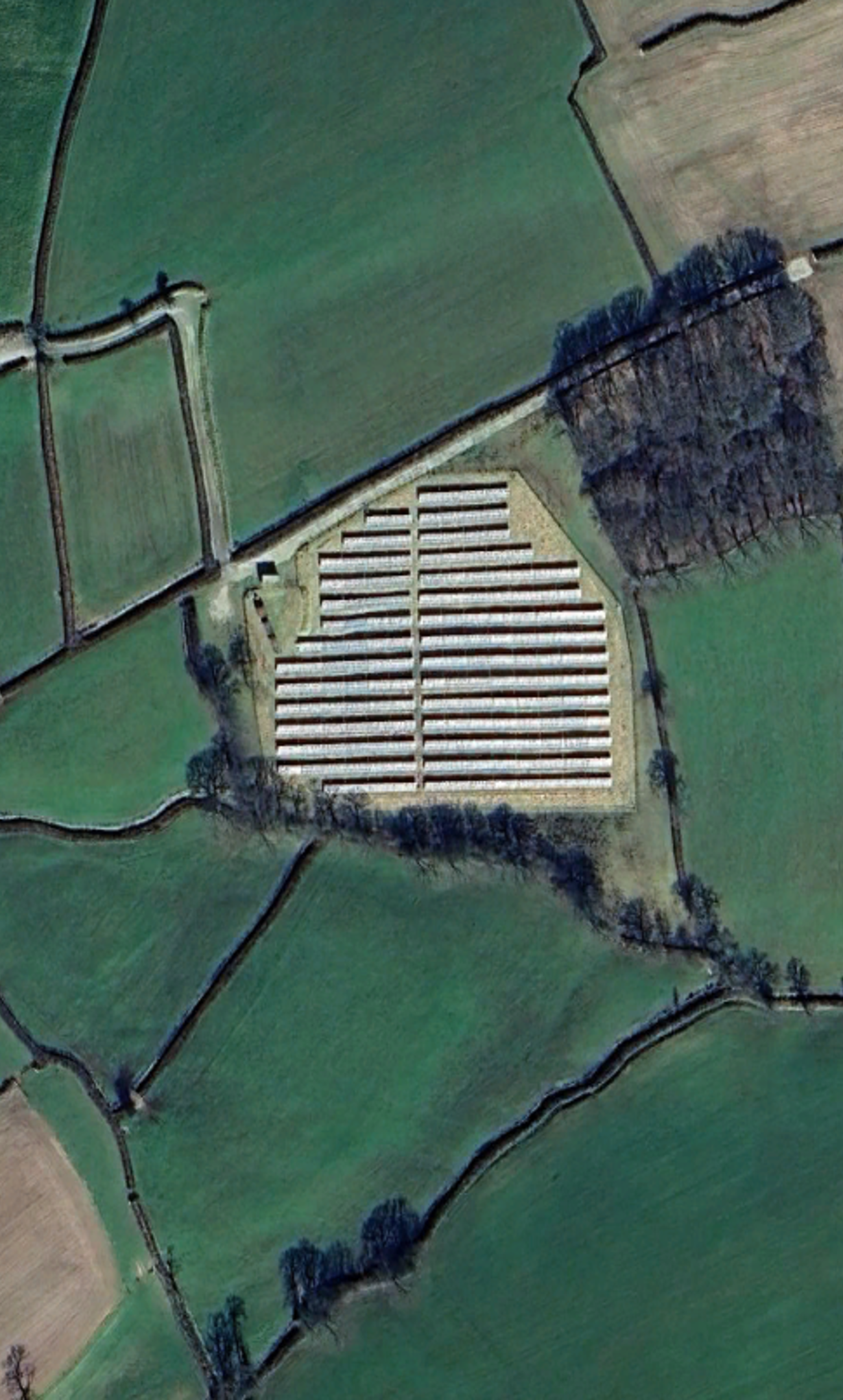
Lifespan of a Solar Farm
Ensuring a solar farm operates efficiently over its lifespan requires a structured approach to maintenance, monitoring, and compliance with industry standards. GB NRG provides comprehensive solutions designed to maximise performance, reduce downtime, and protect your investment.
Annual Professional Solar Maintenance – Regular maintenance is essential to maintain optimal energy output. Annual inspections include:
- Checking all solar panels for damage, shading, or debris
- Cleaning panels to remove dust, bird droppings, and environmental buildup
- Inspecting inverters, controllers, and electrical connections to ensure proper operation
- Monitoring mounting systems and fixings for structural integrity
Performance Monitoring and Remote Management – Advanced remote monitoring tools track energy generation in real-time, flag underperformance, and provide actionable insights. Annual solar array reports document:
- System efficiency and energy production
- CO₂ emission reductions and sustainability contributions
- Performance ratios compared to expected output
Warranties and Guarantees – GB NRG solar farms come with industry-leading warranties to protect your investment:
- Performance Warranty: Tier 1 panels include a lifetime guaranteed performance percentage, mitigating losses from natural panel degradation.
- Inverter Warranty: Typically 5–10 years, with options for extended coverage to ensure uninterrupted power conversion.
- Installation & Workmanship Warranty: Ensures the quality of installation meets ISO 9001 & ISO 14001 standards and complies with all electrical certification requirements.
Technical Considerations
Successful solar farms rely on precise engineering and system design:
Site Assessment
- Topographical and Ground Condition Surveys – Identify optimal panel placement, considering soil stability and slope
- Shading Analysis – Minimises energy losses caused by trees, buildings, or terrain
- Roof or Land Suitability – Ensures structural integrity for solar panels and mounting systems
Solar Panels and Mounting
- Photovoltaic Panels – Selection based on efficiency, durability, and expected energy output
- Mounting Systems – Ground-mounted solutions for farms; optional solar carports for dual-use land
- Controllers and Inverters – Efficient energy conversion with long-lasting warranties
Optional Components
- Battery Storage Units – Maximise on-site energy use and reduce reliance on grid electricity
- Generation Meters and Remote Monitoring – Track energy output and system efficiency in real-time
GB NRG provides full CAD drawings, schematics, and structural assessments for all installations, ensuring optimal energy production and regulatory compliance.
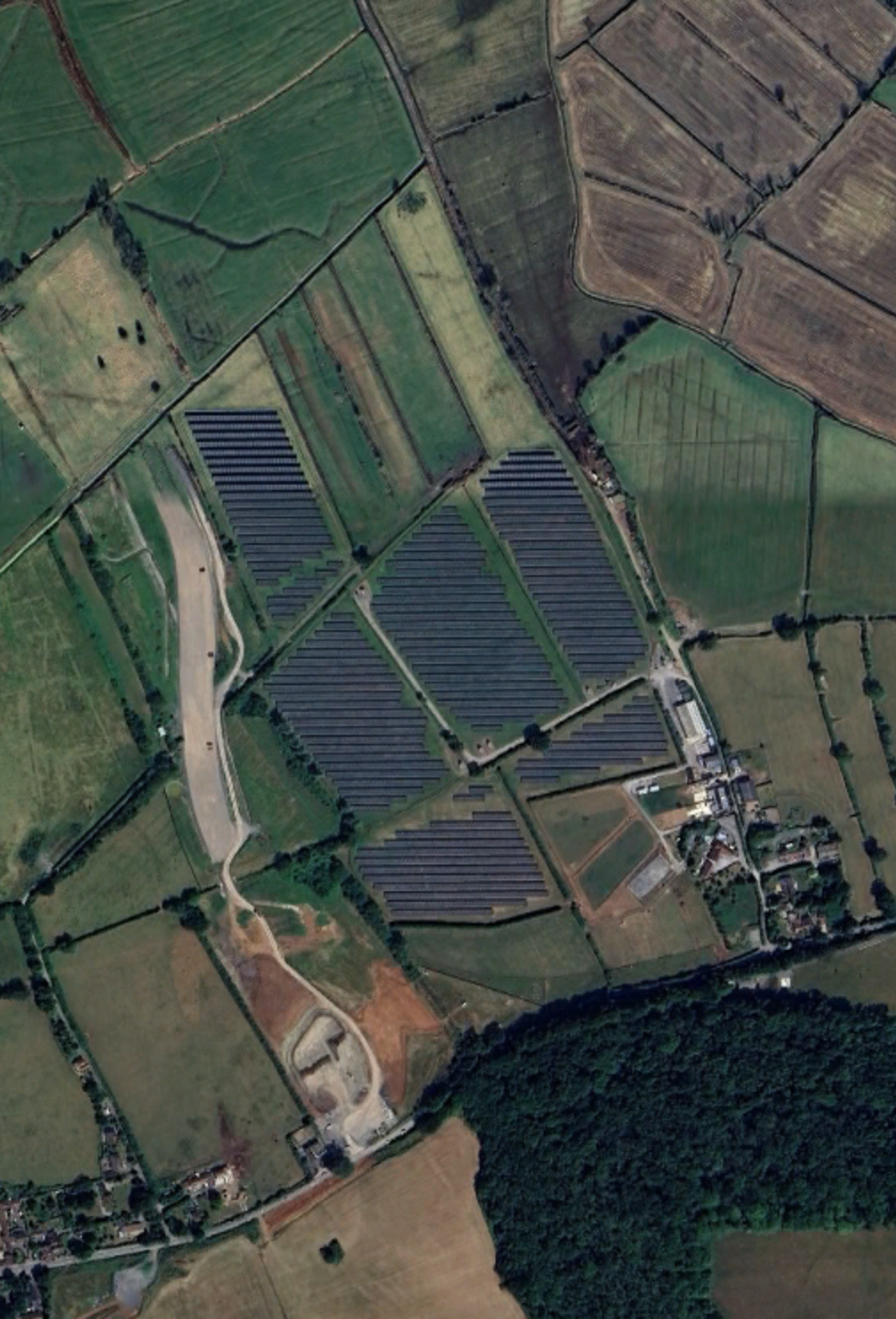
solar farms
Frequently Asked Questions
Investing in a solar farm raises a range of questions for businesses and investors. GB NRG provides clear guidance and expert support throughout the decision-making, planning, and installation process, ensuring projects are efficient, compliant, and financially viable.
Common Questions Addressed
What types of solar farms are available?
- Ground-mounted systems for open land or large-scale projects.
- Rooftop solar panels for commercial buildings or warehouses.
How do I ensure energy security?
Solar farms, combined with battery storage systems, provide a reliable, renewable energy supply and reduce dependence on the grid during peak periods or outages.
What are the planning and regulatory requirements?
GB NRG manages full planning applications, DNO consents, and compliance with local planning requirements, ensuring your solar farm meets all legal and safety standards.
How is the system installed and maintained?
Our installations use robust mounting systems and Tier 1 solar PV panels. Ongoing solar maintenance includes annual inspections, performance monitoring, and adherence to safety protocols.
What funding options are available?
We help businesses access government grants, renewable energy incentives, and commercial financing options to make solar farm investments financially viable.
How do I choose a solar panel manufacturer?
GB NRG only works with top-tier solar panel manufacturers to ensure long-term efficiency, durability, and performance guarantees for your solar farm.
How does a solar farm contribute to sustainability?
Solar farms significantly reduce carbon emissions, support net-zero strategies, and improve your business’s green credentials through measurable CO₂ reductions and renewable energy generation.
Can GB NRG provide ongoing support?
Yes. From initial feasibility studies to operations, maintenance, and monitoring, GB NRG offers full lifecycle support for all solar farm projects.
By addressing these common concerns and offering comprehensive support, GB NRG ensures businesses can confidently invest in solar farms, maximise financial returns, and achieve sustainability goals.
Why Choose GB NRG for Solar Farms
GB NRG is a leading provider of commercial and utility-scale solar farms in the UK:
- Turnkey solutions from feasibility assessment to commissioning.
- Compliance with planning permissions, DNO consents, and environmental standards.
- Tailored system design for ROI, energy efficiency, and sustainability.
- Full O&M support including warranties, remote monitoring, and annual professional maintenance.
- Access to grants, government incentives, and renewable energy certificates.
// some of the solar farms we have installed
Talk to us
Our team is here to help with your queries and questions. Please get in touch by calling our contact numbers, sending us an email, or filling out this form and we will get back to you as soon as possible.







